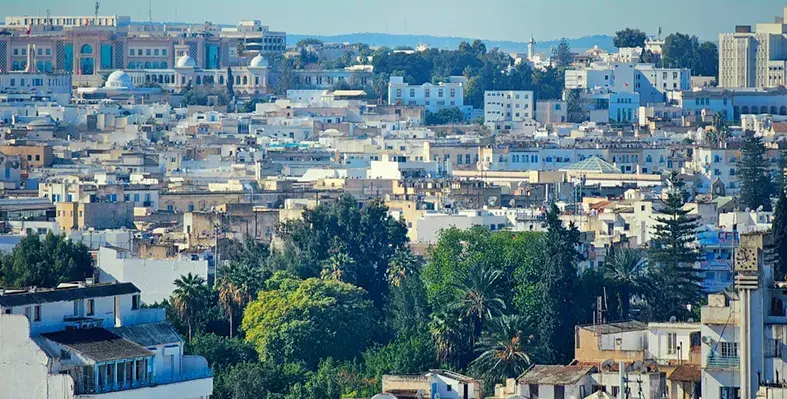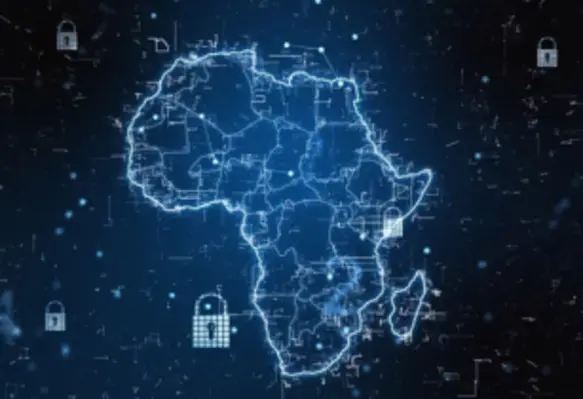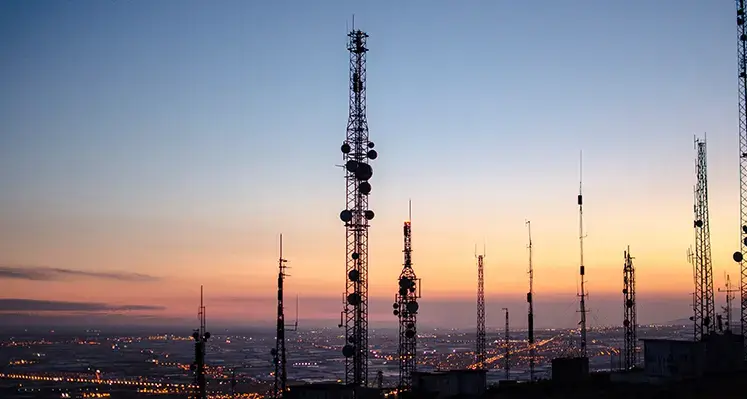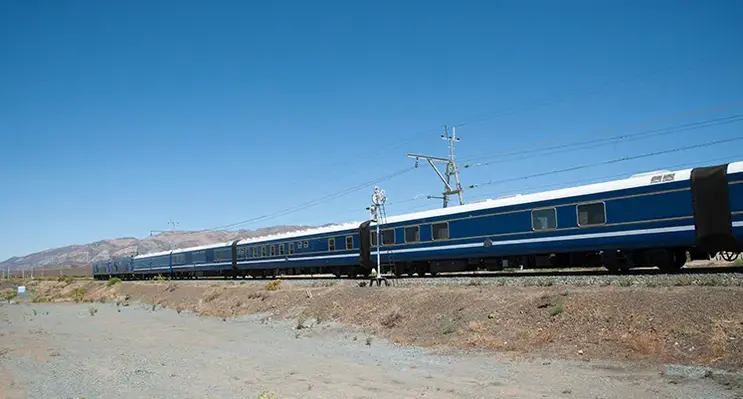A new report has stated that African nations need to transition from basic connectivity to interconnectivity of networks and interoperability of systems in order to reap the full benefits of the Internet
The Internet Society released its Internet Development and Governance in Africa report at the Africa Internet Summit 2015 in Tunis, Tunisia and the report provides a comprehensive overview of the current state of the Internet in Africa and highlights the importance of the multi-stakeholder model of Internet governance as an essential part of Africa’s Internet ecosystem.
Given the rapid growth experienced by the continent in the past 10 years, the report says that the time is right to maximise that potential. Dawit Bekele, Internet Society’s regional bureau director for Africa, said, “As Africa’s user base grows, the need to coordinate and manage the growth and development of the Internet becomes increasingly important.”
Since the introduction of the Internet to Africa in 1991, its use has reached just over 20 per cent of the population continent-wide, but these aggregate indicators mask glaring disparities in Internet development levels from country to country, stated the report. Morocco has Internet penetration rates exceeding 50 per cent while other African countries have penetration rates just under two per cent. The majority of countries have Internet penetration below 10 per cent, well below the 20 per cent threshold found to be critical for countries to reap economic benefits.
The report also provides some advice on how countries in Africa can adopt this transformation. It suggests setting up of more Internet exchange points (IXPs) to improve interconnectivity of networks. The establishment of IXPs can catalyse the build-out of terrestrial infrastructure, which in turn would make access to the Internet cheaper and faster, according to the report. Africa has more than 30 IXPs and is on way to achieving the goal of at least one IXP per country.
Transition from analogue to digital broadcasting and from IPv4 to IPv6 are other suggestions made by the report. Digital broadcasting will help increase Internet access by freeing up unused spectrum, while adopting the IPv6 protocol will ensure the availability of enough IP addresses to cater to future expansion of Internet across the continent.
Commenting on the issue of Internet governance, the report stated, “As Africa continues to make further strides in building its Internet economy, the multi-stakeholder model will continue to be an important element of helping Africa reach a critical mass of access and usage that can translate into sustained economic benefit.” Africa has embraced the multi-stakeholder model of Internet governance, which enables policymakers to draw from the expertise of the relevant stakeholders to develop sustainable Internet public policy.





















